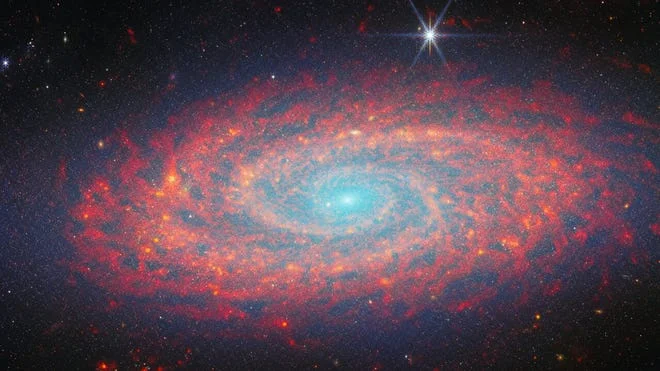
Universe’s Clock Ticking Faster: New Study Revises End Date Closer Than Expected
Buckle up, space enthusiasts! The universe has a new expiration date, and it's coming sooner than previously thought. While it's still trillions of years away, a recent pair of studies by researchers in the Netherlands suggests the universe will end in approximately 10 to the power of 78 years, a significant revision from the earlier estimate of 10 to the power of 1,100 years. This intriguing discovery is making waves in the scientific community, prompting a re-evaluation of our understanding of the cosmos.
The team, led by Radboud University's black hole expert Heino Falcke, mathematician Walter van Suijlekom, and quantum physicist Michael Wondrak, built upon their 2023 findings regarding Hawking radiation. Their initial study confirmed Stephen Hawking's theory that black holes evaporate over time. However, they also uncovered that a similar process could affect neutron stars and other celestial objects, leading them to "evaporate" as well.
The new study, published in the Journal of Cosmology and Astroparticle Physics, tackles the question of how rapidly these mass losses occur. 
"The final end of the universe is coming much sooner than expected, but fortunately it still takes a very long time," Falcke told CBS News. This revised timeline has ignited discussions about the ultimate fate of the universe, with theories like the "Big Crunch" – where the universe stops expanding and collapses in on itself – gaining renewed attention.
While the revised expiration date might sound alarming, there's no need to panic. Our solar system, for instance, is projected to undergo dramatic changes long before the universe's end. Scientists estimate that in about 7.59 billion years, the Sun will transform into a red giant, engulfing the Earth.
Further research, including the European Space Agency's Euclid mission and the Vera C. Rubin Observatory in Chile, aim to provide more data on dark energy and its potential influence on the universe's fate. Cosmologist Mustapha Ishak-Boushaki of the University of Texas at Dallas notes that if dark energy weakens over time, a "Big Crunch" scenario becomes increasingly plausible: "Now, there is the possibility that everything comes to an end," he said. "Would we consider that a good or bad thing? I don't know."
The universe's ultimate fate remains a mystery, but this latest research highlights the dynamism of scientific inquiry. By continually questioning existing theories and exploring new avenues, scientists are slowly unraveling the secrets of the cosmos. What are your thoughts on the universe's future? Share your opinions in the comments below!